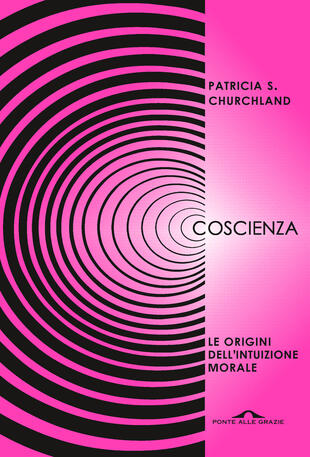

Coscienza
-
Tradotto da: Elisabetta Tomassini
Tutti i formati dell'opera
Acquistalo
Sinossi
Cos’è la coscienza? Come e perché nasce il nostro senso morale? Che origine hanno i valori socialmente condivisi? In questo libro Patricia S. Churchland, fra le massime neurofilosofe, affronta domande filosofiche e politiche fondamentali con gli strumenti della più recente ricerca scientifica, ripercorrendola storia dell’evoluzione dei mammiferi sociali e rintracciando le origini dei valori nella propensione all’attaccamento, alla cooperazione, alla cura, secondo una collaborazione fra natura e cultura di straordinaria potenza e flessibilità. L’autrice si avvale di molti studi, a partire dalla neurologia ma senza dimenticare antropologia e psichiatria, come nelle osservazioni sui casi di patologica assenza di moralità. E, naturalmente, si confronta in maniera costante con la millenaria tradizione della filosofia morale, riuscendo infine nella mirabile impresa di coniugare teorie innovative e divulgazione, rigore scientifico e godibilissima narrazione, ricca di aneddoti, casi, storie. L’idea che per capire la mente umana sia necessario partire dalla comprensione del cervello che la «ospita» è sempre più convincente. E se il cammino da percorrere è ancora lungo, in questo libro illuminante Patricia S. Churchland ne traccia magistralmente la strada.
- ISBN: 883331801X
- Casa Editrice: Ponte alle Grazie
- Pagine: 288
- Data di uscita: 30-09-2021

